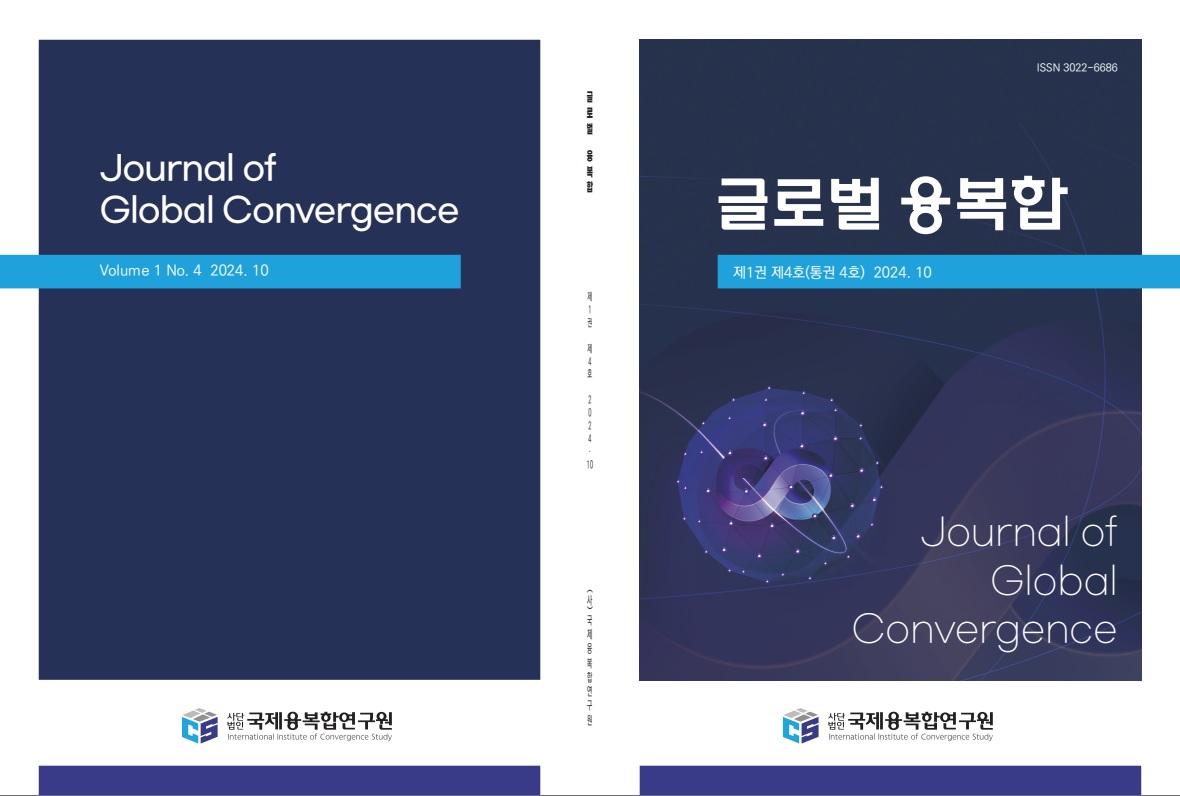한국 군대 윤리적 리더십 담론의 현상학적 고찰: 공식 서사와 사회적 인식의 교차 분석
A Phenomenological Discourse Analysis of Ethical Leadership Narratives in the South Korean Military: Intersections of Official Rhetoric and Societal Perception
저자
이주용
수록페이지
p.129-143 (15pages)
조회수
15
다운로드
2
- 창간연도
- 2024년 1월
- ISSN
- (Print)3022-6686 , (Online)3022-6651
- 수록권호
- 제2권 2호 (통권 6호)
- 발행일
- 2025.04
- 수록논문
- 29 articles
- 유형
- 학술저널
- 주제
- 사회과학, 자연과학, 예술체육학, 복합학
- 발행기간
- 2024.01 ~ 2025.04
- 발행주기
- 연 4회(계간)
- 총 권호 수
- 5 volumes
- 총 논문 수
- 76 articles

키워드
윤리적 리더십, 현상학, 담론 분석, 병영문화, 군 조직Ethical Leadership, Phenomenology, Discourse Analysis, Military Culture, Public Perception
초록
이 연구는 한국 군대 내 윤리적 리더십 담론이 공식 군사 커뮤니케이션과 언론 보도, 온라인 대 중 담론 속에서 어떻게 정의되고 전개되는지 현상학적 관점에서 분석하였다. 병영문화 혁신과 인권 존 중을 강조하는 공식 담론은 간부 교육과 제도 개선을 통해 윤리적 리더십을 달성할 수 있다고 전망하 지만, 구체적 사건이 발생할 때마다 언론과 사회적 여론은 지휘관 책임 부재와 반복되는 은폐・축소 관 행을 지적하며 냉소를 표출한다. 이러한 괴리는 군이 제시하는 “모범적 리더십”과 대중이 경험하는 “부조리한 현실” 사이에서 형성되는 구조적 간극을 보여준다. 본 연구는 담론 분석과 현상학적 해석을 결합하여, 윤리적 리더십이 관념적 구호에 그치지 않고 실제 병영문화 변화로 이어지기 위한 조건이 무엇인지 규명하고자 하였다. 분석 결과, 군 조직이 스스로 천명하는 윤리 규범과 대중이 목격하는 병 영 현실 사이의 불신을 해소하려면, 지휘부의 책임 있는 태도와 외부 감시・협력 체계가 병행되어야 함 을 확인하였다. 이를 토대로 향후 군대 윤리문화 정착을 위한 실천적 함의를 제시하고, 제도적・문화적 개선책 모색의 중요성을 강조한다.This study investigates how the notion of ethical leadership in the South Korean military is defined, conveyed, and contested within official military communications, media reports, and online public discourse. While official statements emphasize moral leadership, reinforced by educational programs and institutional reforms, periodic incidents such as acts of violence or misconduct reveal persistent concerns over accountability gaps and potential cover-ups. Such tensions underscore the structural disparity between the “ideal leadership” articulated by military authorities and the troubling realities observed by the public. Drawing on phenomenological inquiry and discourse analysis, this research explores the discursive construction of ethical leadership and examines the ways in which conflicting interpretations shape broader perceptions of the military. The findings suggest that bridging the gap between the military’s official commitment to ethical norms and widespread societal skepticism hinges on establishing a more transparent leadership culture, reinforced by consistent external oversight. Based on these insights, the study presents practical implications for fortifying ethical values within military structures and fostering a sustainable environment of trust and accountability.
 (사)국제융복합연구원
(사)국제융복합연구원